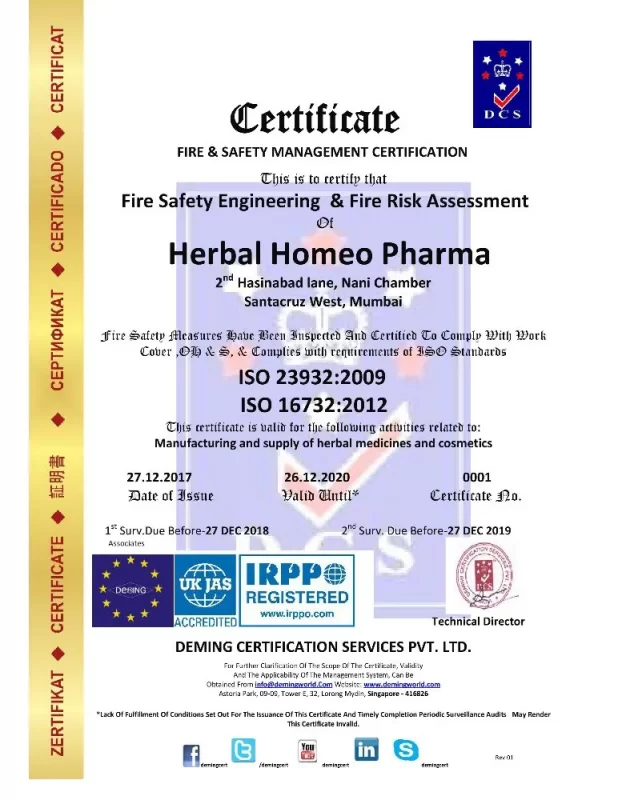ISO 17065: Competency requirement for product certification body, Uncategorized
ISO 17065: Competency requirement for product certification
Courtesy: ISO 17065: Competency requirement for product certification
The International Accreditation Forum (IAF) has a listing of all recognized Accreditation Bodies whose accreditations to the ISO Guide 65 standard are deemed equivalent. From the IAF MLA informational page: “IAF is encouraging more of its members to join the MLA as soon as they have passed a rigorous evaluation process to ensure that their accreditation programs are of world standard. The consequence of joining the IAF MLA is that conformity assessment certificates issued, within the scope of the IAF MLA, by conformity assessment bodies accredited by any one of the members of the IAF MLA will be recognised in the world wide IAF program.”
Most countries only have a single Accreditation Body representing their economy in the IAF MLA. The two exceptions are the United States with American National Standards Institute (ANSI), American National Standards Institute – American Society for Quality National Accreditation Board (ANAB, a subdivision of ANSI), American Association for Laboratory Accreditation (A2LA), and International Accreditation Service (IAS) as signatory members, and United Accreditation Foundation as Full Member of IAF (International Accreditation Forum) Europe with Germany’s Technischer Überwachungsverein (TÜV), and Korea which is represented by Korea Accreditation Board (KAB) and Korean Accreditation System (KAS). These listings are current as of March 2012, but will likely change in the future as more Accreditation Bodies undergo the required peer evaluations in order to become signatory members of the MLA.

Each Accreditation Body is required to keep a listing of those organizations it accredits, as well as a Scope of Accreditation which details the activities that the organizations can perform, whether that be testing, inspection, or product certification.
Accreditation Bodies routinely audit the Product Certifiers whom they have accredited in order to determine if the performance or actions of the organization have changed and do not meet the requirements of the Accreditation Body and the International Standards they are to conform to.
It is not mandatory for each Accreditation Bodies to be member of IAF or to join IAF in any manner, there have been several accreditation Board like AB-CAB, ESMA, NACI etc.
Within the European Economic Area (EEA), the majority of products are required to be ‘CE Marked’ and will have the letter CE on them. It shows that the manufacturer or importer has checked that these products meet EU safety, health or environmental requirements; is an indicator of a product’s compliance with EU legislation and allows the free movement of products within the European market.
By placing the CE marking on a product, a manufacturer or importer is declaring, on his sole responsibility, conformity with all of the legal requirements to achieve CE marking. The manufacturer is thus ensuring validity for that product to be sold throughout the EEA. This also applies to products made in third countries which are sold in the EEA and Turkey.
If you are a manufacturer it is your responsibility to:
- carry out the conformity assessment (including any testing, if required)
- set up the technical file
- issue the EC Declaration of Conformity (DoC)
- place CE marking on a product
If you are a distributor you must check the presence of both the CE marking and the necessary supporting documentation.
If you are importing a product that is from a third country you have to check that the manufacturer outside the EU has undertaken the necessary steps. You must check that the documentation is available. The Europa website gives details various product categories and the relevant EU directives to which products must conform.

